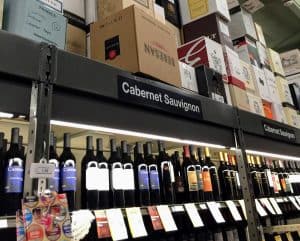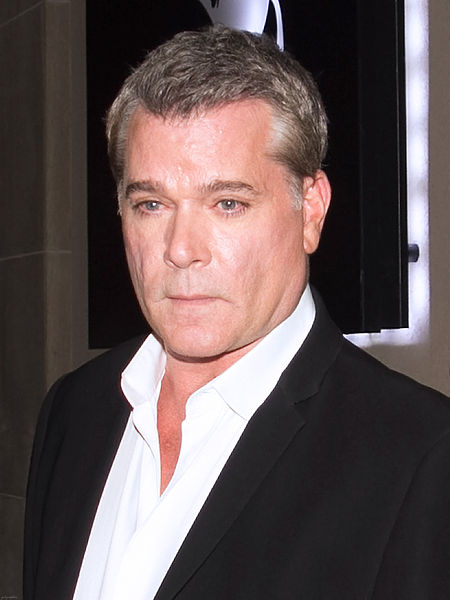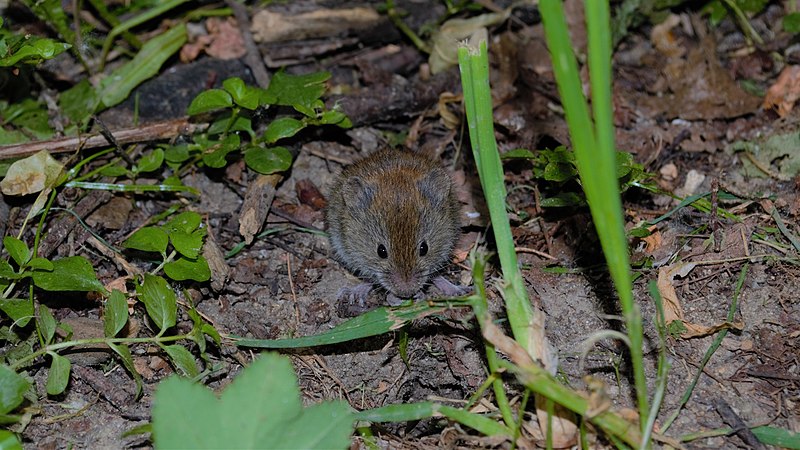I’ve been working with Kenneth Friedenreich on his follow-up book to Oregon Wine Country Stories about the Stags Leap District. He’s been sharing some of his drafts on the prologue and, not to spoil anything, he includes a remarkable moment we had on our research trip watching a hawk swoop down into the vineyard to pluck a vole out amongst the vines.

Friedenreich expands on this imagery as a metaphor for many of the themes that he’s weaving into the SLD book. But reading his prose and recalling my memories of watching the cold realities of nature in action, reminded me of Lisa Perrotti-Brown’s article last year for The Wine Advocate called “The Big Parkerization Lie.”
Now I’m not going to rehash the old Parkerization debate or drill deep into this article. But the image of the hawk and vole struck a similar chord with me as Perrotti-Brown’s three-point rebuttal of the Parkerization mythos. While I disagree with her that Parkerization is a “useful lie”, I do think people’s response to Parker (painting him as a villain) and Parkerization (This is why I’m not selling my wine!) is symptomatic of the “Nice Guy Syndrome” poking its head out in the wine industry.
No, I’m not going to make this post about sex either.

Passionate winemakers working with great terroir is behind every wine on the top shelf–or so the story goes.
That’s because it’s not sex that wineries feel entitled to when they make good wine, but rather sales. There is a sentiment that if you have great land, work it diligently and put your passion into making wine that it’s going to sell. That it should sell.
And if it doesn’t? Well someone is to blame. From wine critics who promote particular styles of wine to distributors and gatekeepers with a stranglehold on consumer channels, they all throw up obstacles. Even pesky consumers, themselves, can be an obstacle such as those maddening Millennials turning their noses up in boredom at the old guard wines and grape varieties.
Those are all valid concerns and serious impediments that wineries do need to deal with. However, there is an even starker truth that is just as raw and stinging as watching a hawk snuff the life out of another animal.
No one needs to drink your wine.
There is no entitlement to sales. No entitlement to attention.

Well the actual line is “If you build it, HE will come” so maybe you can at least bank on Ray Liotta showing up at your tasting room.
It doesn’t matter if you have the most blessed terroir on earth, tended to by the best viticulture and winemaking teams that money can buy. It doesn’t matter if you have generations of heritage and tradition. None of that guarantees that people are going to care, much less beat a path down to your door.
The wine industry has never followed the quaint narrative of “If You Build It, They Will Come.” You can build the best and be the best, but in the end, it doesn’t matter if you are the hawk or the vole. You stand just as good of a chance of missing out and going hungry as you do of being dinner yourself.
That is the nature of life and the nature of capitalism.
And, really, there’s no villain here.
I did have a Bambi “Oh My God!” moment watching the hawk snatch up that little vole. But the hawk is not a villain. Heck, from a vineyard perspective the vole is a dirty little bastard wreaking havoc among the vines. There is a reason why wineries build nesting boxes to encourage birds of prey to patrol the vineyard.

But he’s just trying to support his little vole family!
But, honestly, the vole isn’t the bad guy either. It’s just trying to survive in the environment that it was born into– a situation that humans have shaped far more than a rodent species ever could.
Likewise, critics such as Robert Parker and the frustrating web of distributors and gatekeeping aren’t truly villainous either. Though I’ll give you that many of their tactics can make them prime, juicy targets. But, in their own way, they’re just hawks and voles doing their thing among the vines too.
The lesson of the hawk and vole is that nothing is owed to anyone. In the wine industry, there’s always going to be some combination of luck and circumstance that leads to success or failure. Some of that you can influence. But a fair amount of it boils down to being in the right or wrong place at any given time.
Ultimately, all you can do is just be glad for all the dinners you get and grateful for all the dinners you’re not.


